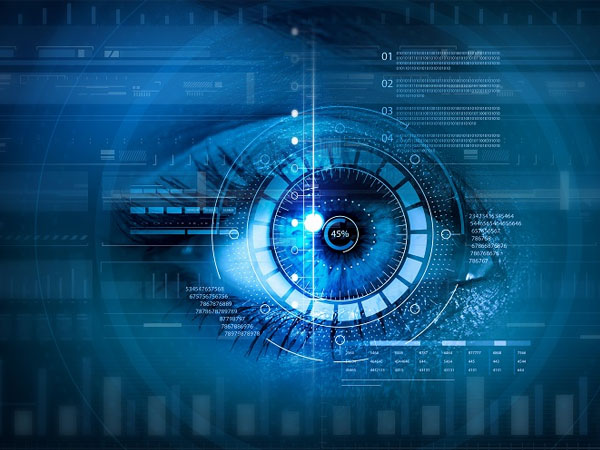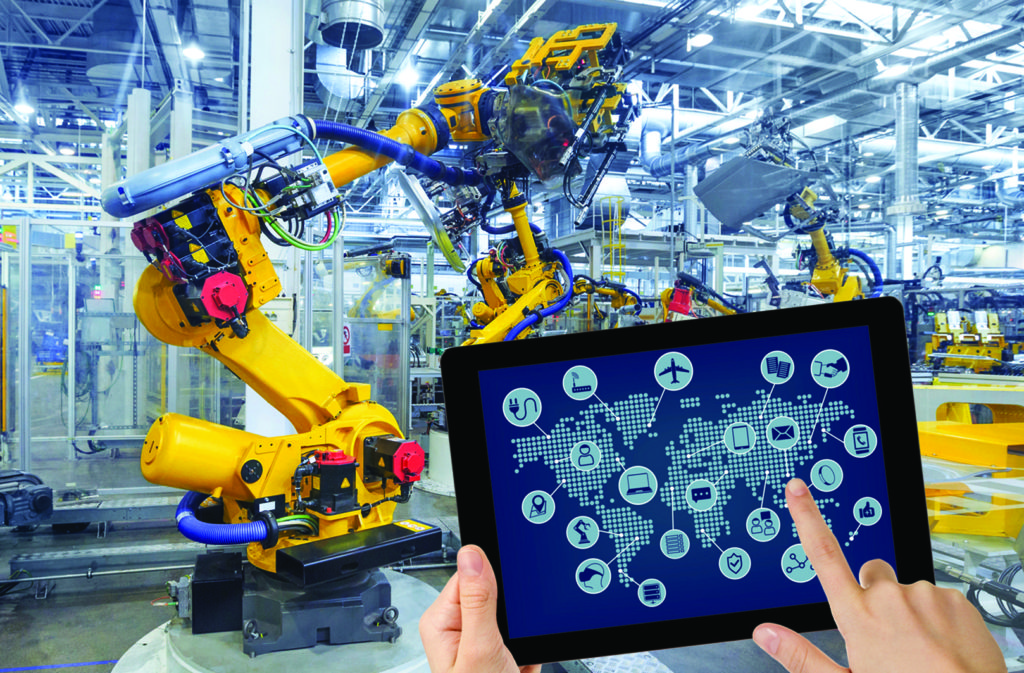AI consulting services in manufacturing
Ngày: 22/03/2025
Computer Vision
Human vision is a wonderful thing, but it is also not good at detecting very small errors in the manufacturing process and is unstable when used for long periods of time without rest. However, a machine equipped with a camera many times more sensitive than the naked eye in the future could solve this problem.

The mechanism that makes up machine vision is built from machine learning algorithms on a large amount of pre-collected images. This mechanism allows machines to not only record the images provided but also use artificial intelligence to process and learn from them. It can also send an immediate alert when it detects a problem or defect. This technology is called automatic problem recognition.
Artificial Intelligence

AI or artificial intelligence is the simulation of human intelligence processes by machines, especially computer systems. These processes include learning, reasoning, and self-correction. Some applications of AI include expert systems, speech recognition, and computer vision.
- Detecting errors throughout the manufacturing process
- Implementing predictive maintenance to reduce downtime
- Responding to real-time changes in demand across the supply chain
- Verifying the quality of complex products such as microchips
- Reducing the cost of producing batches or single items, allowing for diversification of product systems
- Improving the working environment for employees by replacing traditional manual labor with intelligent machine operations
What are the applications of artificial intelligence used in manufacturing activities?
Detecting errors in the production line: Many assembly lines do not have processes or technological solutions to identify errors. Even if those errors are very basic, they still require skilled engineers and algorithms to analyze, search and detect the points of error. Most of the above activities still cannot be updated with new information regularly, leading to many errors in inspection. Therefore, employees still have to carry out manual inspection steps afterwards. By applying the self-learning ability of artificial intelligence to the production process, manufacturers can gradually eliminate human quality inspection processes, thereby saving countless working hours. The system also helps detect errors early in the production process, thereby avoiding significant losses.
Quality assurance: In many industrial production areas, production requires precision down to the smallest detail. What was once a difficult problem for many businesses can now be solved easily with smart technologies like AI or machine learning. Quality assurance used to be a manual task, with highly skilled engineers making sure that electronics and microprocessors were manufactured correctly. Today, image processing algorithms can automatically confirm whether a product has been manufactured perfectly. By installing cameras at key points along the manufacturing process, this quality control can be automated and done in real time.
Support data aggregation and analysis: Most of the equipment used by manufacturers will send huge amounts of data to cloud computing applications. Unfortunately, this information tends to be overlooked and not analyzed in a coordinated manner to produce truly meaningful information for management. To get a complete picture of the entire management and production activities, business operators need to collect a lot of data tables and need experienced data processing experts to read, synthesize and analyze. This will take a lot of time and effort while the manufacturing market has no room for any delay. By creating an artificial intelligence application that supports the integration of data from IoT-connected sensors, all data from the production line will be stored, analyzed in its entirety, filtered out the necessary data and created a report according to the requirements of the business.
Optimize the production process: By integrating the application of Artificial Intelligence into the IoT ecosystem in the business, you can create a lot of automation cycles for the business. When a piece of equipment breaks down, the system can automatically trigger backup plans or other rearrangements. In addition to facilitating the manufacturing process, AI can support the research and design process of new products. When a designer or an engineer inputs design goals into generative design algorithms, AI algorithms can come up with a solution and generate design alternatives. Finally, it uses machine learning to check for possible errors and improve it.
Artificial intelligence is one of the smart technologies that still has a lot of potential, even its creators themselves have not yet fully explored. Therefore, if you apply artificial intelligence in manufacturing, your business will also have the opportunity to apply all the benefits of artificial intelligence for your long-term business and manufacturing goals.
AVA with a team of experts, PhDs with many years of experience working in Korea, engineers in the industry with practical experience in large factories in Vietnam will accompany your business to provide optimal solutions, improve production systems, enhance quality and save materials and costs.


